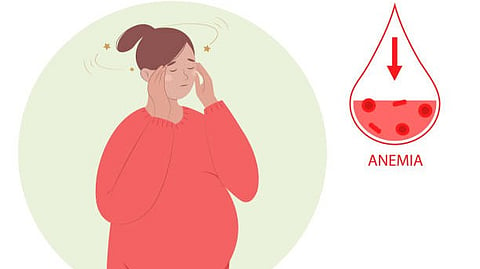What Can Be Done?
Preconception Screening: Women planning pregnancy should have their iron levels checked and corrected before conception if needed .
Early Iron Supplementation: Starting iron supplements early—ideally before or shortly after conception—may reduce the risk of CHDs.
Dietary Support: A diet rich in iron (e.g., red meat, legumes, leafy greens) and vitamin C can help maintain healthy iron stores.
Takeaway
While more human studies are needed to confirm these findings, the existing evidence points to maternal iron status as a potentially modifiable risk factor for congenital heart disease. Ensuring adequate iron intake before and during early pregnancy may offer a simple yet powerful way to protect fetal heart development.
References:
1. Nair, M., et al. (2025) Maternal Anaemia and Congenital Heart Disease in Offspring: A Case–Control Study Using Linked Electronic Health Records in the United Kingdom. BJOG An International Journal of Obstetrics & Gynaecology. doi.org/10.1111/1471-0528.18150.
2. Sparrow DB et al., Nature Communications, 2021
2. World Health Organization, 2021
3. University of Oxford News Release, 2021
(Input from various sources)
(Rehash/Dr. Shreya Vohra/MSM)
MedBound Hub (https://www.medboundhub.com) is an emerging DISCUSSION FORUM for medical students and the healthcare professionals. Join this exciting healthcare forum.


